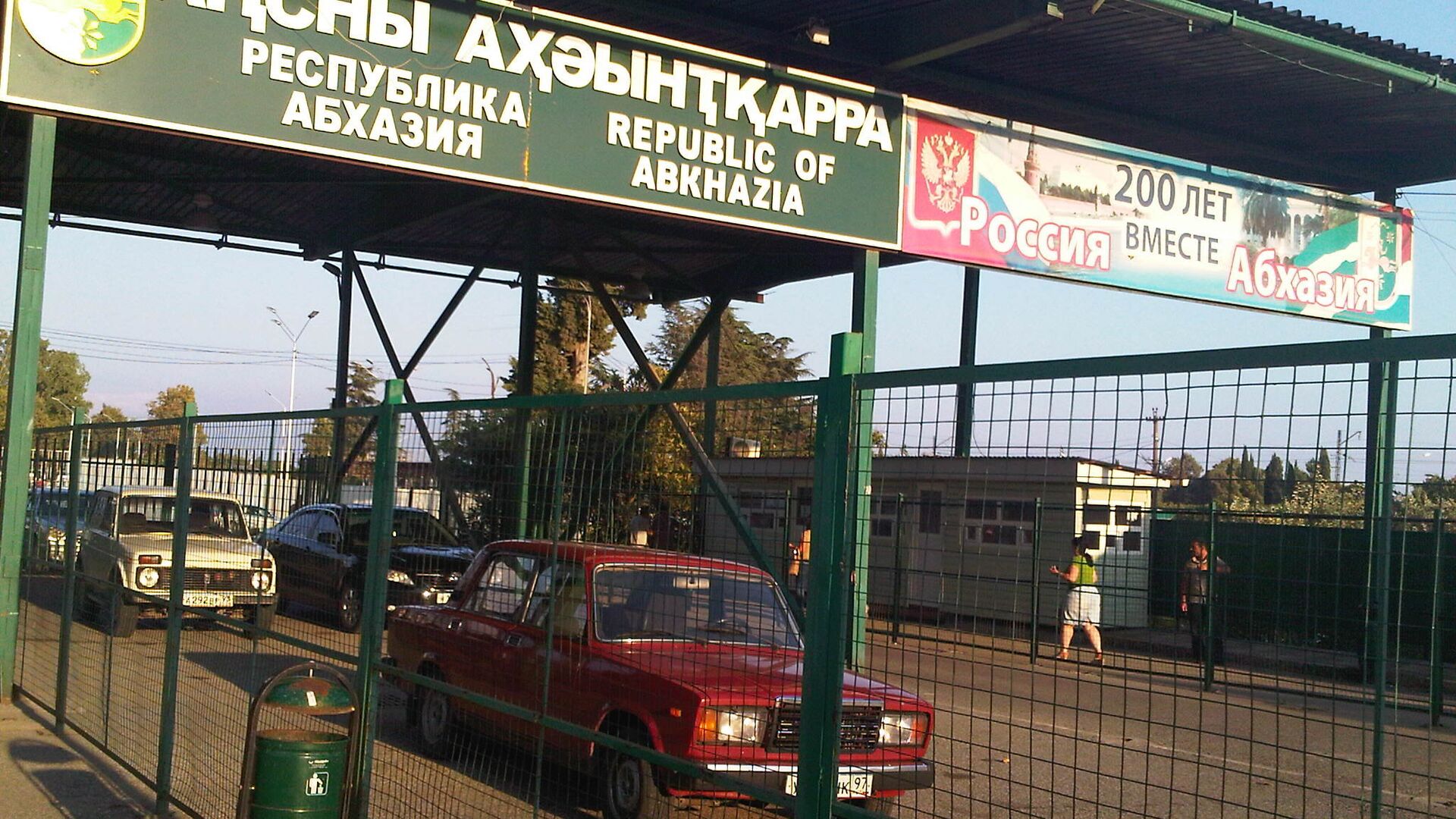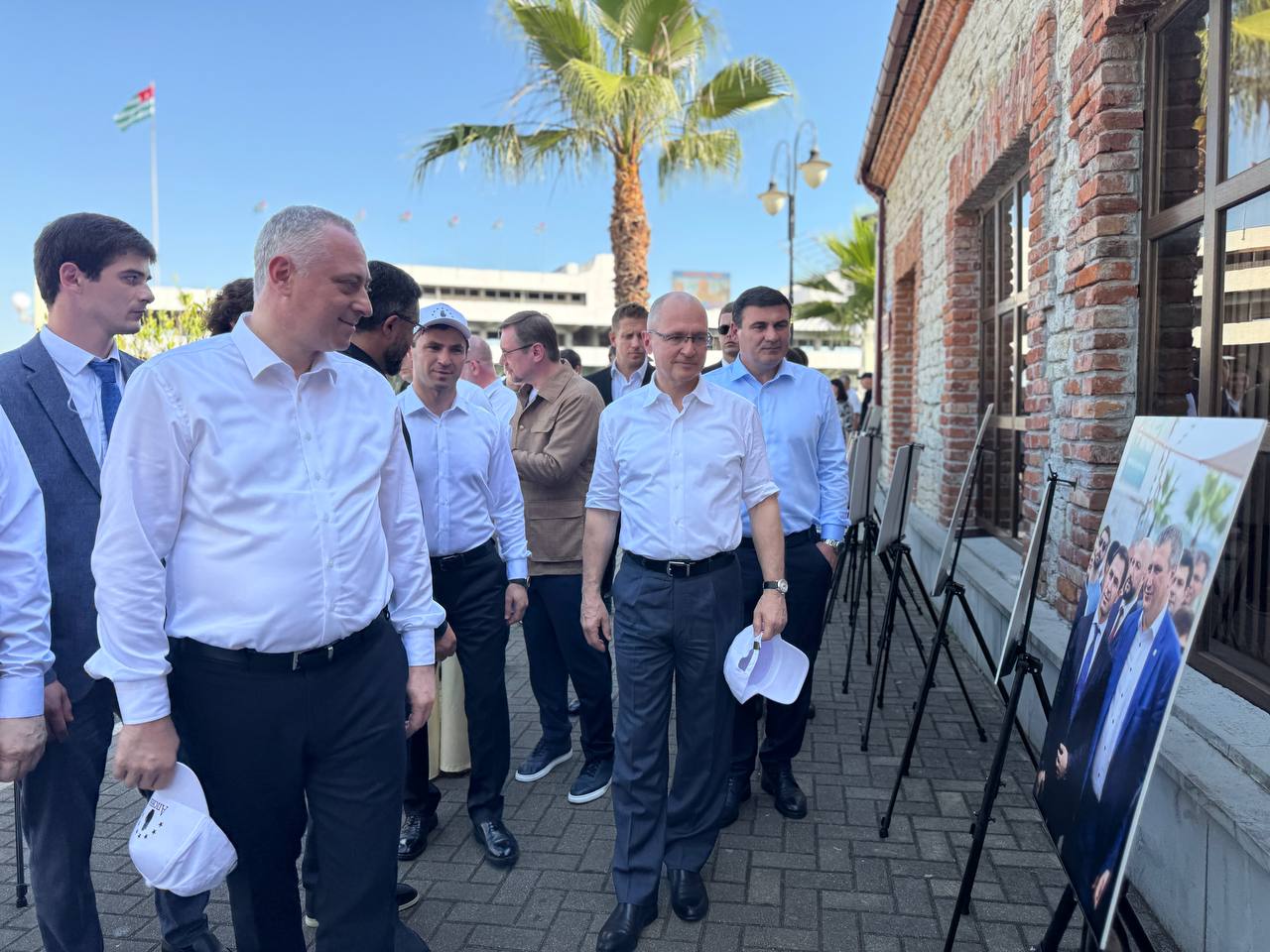Abkhazia for Russia – a freeloader or an ally? Opinion
Russia undervalues partnership with Abkhazia
Against the backdrop of the prevailing view in Russian media about “ungrateful” Abkhazians, Abkhaz opposition figure Dmitry Gvaramia reflects on the philosophy of relations between Abkhazia and Russia.

Abkhaz opposition figure Dmitry Gvaramia:
“In the Russian media space, there are regular grievances against Abkhazia. Accusations of ‘ingratitude,’ criticism for not allowing Russians to purchase property, and claims of excessive independence are often voiced.
At times, it gives the impression that Abkhazia is a burden, a ‘junior partner’ failing to justify the resources invested in it.
But in these discussions, the essence of an allied relationship is often lost.
Alliance is not a one-sided deal. It is shared responsibility, a common space of interests, and mutual obligations — in politics, economics, and security.
Abkhazia is a small republic, incapable of significantly influencing the Russian economy. Yet since the 1990s, it has consistently been oriented toward Russia, and since 2008, it has been a recognized ally. In this capacity, it has repeatedly demonstrated a willingness to fulfill its allied duty.
2001. Armed groups led by Ruslan Gilaev infiltrated Georgian territory heading toward Abkhazia, intending to reach the Russian border. Abkhaz forces stopped them. There were casualties, and fighting occurred in difficult mountainous terrain. While Russia did not officially participate in these events, it was Abkhazia that at the time prevented a potential threat to Russia’s southern borders.
2008. During the “five-day war” of the Russia-Georgia conflict, Abkhazia opened a second front, launching an operation to liberate the Kodori Gorge, which was under Georgian control. Additionally, through Abkhaz territory, the Georgian military base in Senaki was captured. These actions were a tangible display of allied support.
2022 and onwards. When Russia started “the special military operation in Ukraine,” Abkhaz volunteers went to the front. In the initial months, they fought without official status, self-funded. Available data indicate that around 60 people have already died — for a population of less than 250,000, this is a significant figure.
Meanwhile, almost none of the CSTO member states provided military support to Russia. In fact, in some of these countries, participation in the operation is punishable by law. Even CIS countries have mostly taken a neutral stance.
At the same time, citizens and natives of Georgia are actively participating in combat on Ukraine’s side. There are no publicly known examples of Georgians volunteering to fight for Russian forces, despite the presence of a large Georgian diaspora in Russia.”
“Alliance is not a formality.
Abkhazia does not claim the role of a major power and does not issue ultimatums. But for decades, it has consistently stood as an ally of Russia — and not just in words. Any talk of being a “freeloader” ignores the fact that an alliance is not always about economic balance.
Sometimes, contribution is not measured in numbers but in the willingness to act at a critical moment.
Today, Russia faces external pressure, isolation, and a lack of support even from its formal partners. Under such conditions, it becomes especially clear who stands by your side not out of calculation, but out of conviction.
Abkhazia remains. And that is perhaps more important than any declarations.
In today’s world, where everyone pursues their own interests, such an alliance is rare. And that makes it particularly valuable.”
Toponyms and terminology used in the article, and views, opinions and strategies expressed in it do not necessarily reflect the views and opinions of JAMnews or any employees thereof. JAMnews reserves the right to remove comments it considers to be offensive, inflammatory, threatening, or otherwise unacceptable.
News in Abkhazia





















